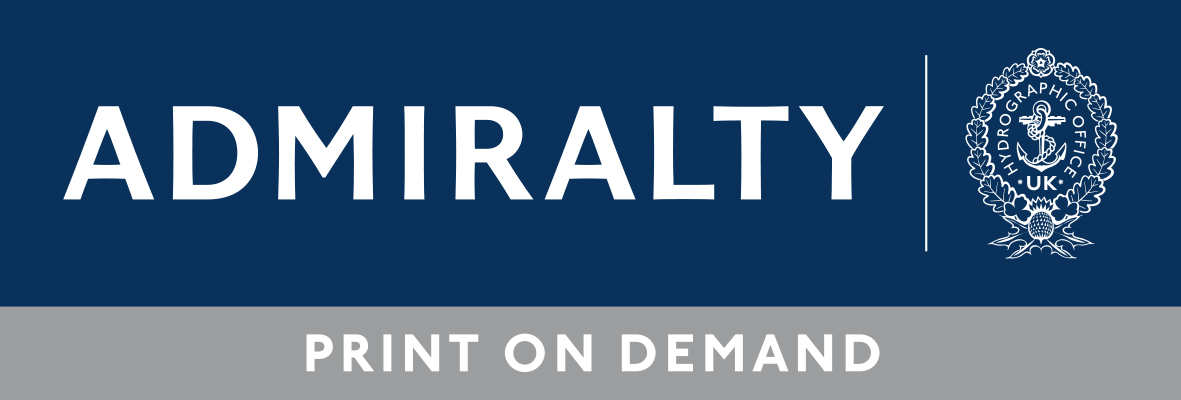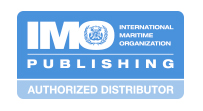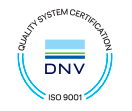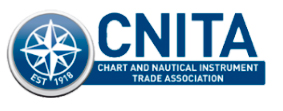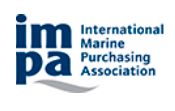Compass Adjusting & Repairs
Our fully qualified professional Compass Adjusters can provide a service to all Scottish Ports and most other Ports in the UK, with over 42 years’ experience. Compasses can also be taken back to our workshop for repairs if deemed necessary, and we can also provide new and replacement parts for any damaged items. Despite the recent advances in electronic navigation, the magnetic compass is still a valuable aid to navigation, and it is a SOLAS requirement to have it fully adjusted and ready for navigational purposes at regular intervals/events as specified by ISO 25862: 2009 standards.
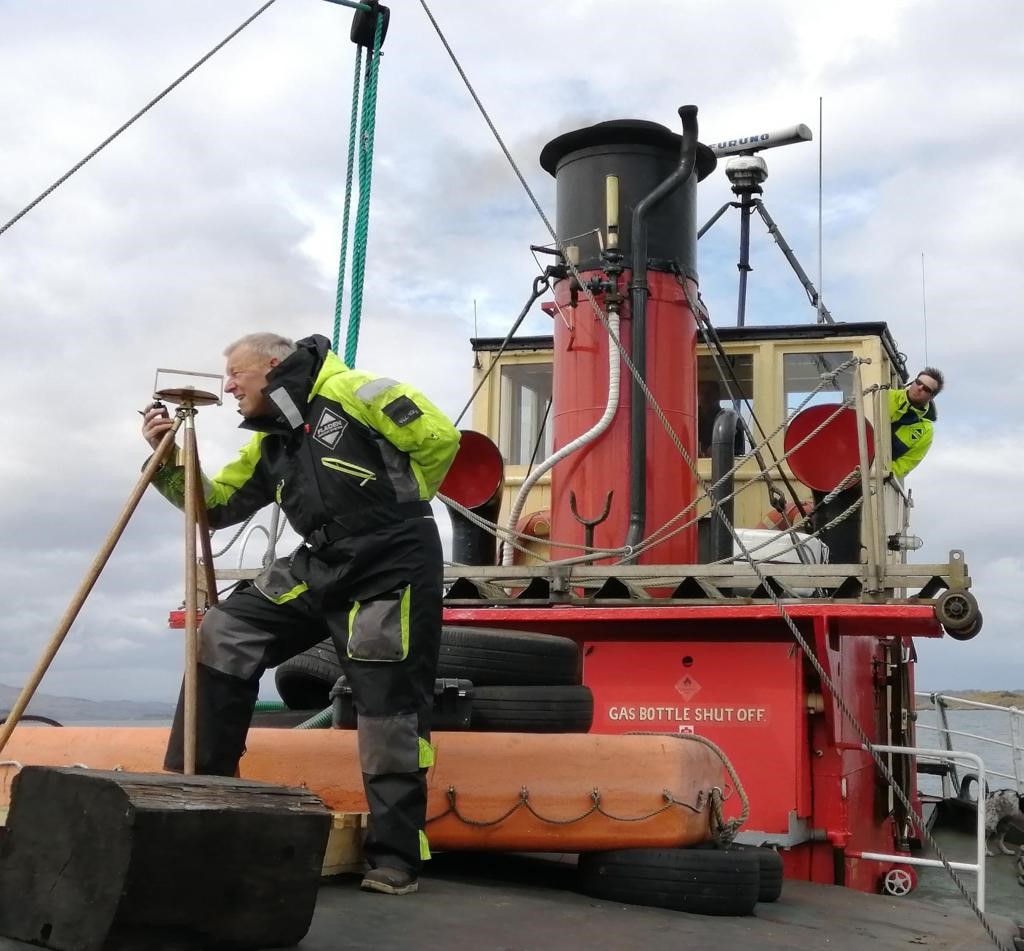
The magnetic compass remains an essential tool for navigation on any vessel despite the industry migrating to Electronic Navigational Aids (ENA). ENA come with their limitations and have been known to provide incorrect readings. The magnetic compass continues to run independently, making it advantageous as vessels are required to operate with a means of determining direction and heading, readable from the steering position and independent of any power supply. No ENA can fulfil this requirement. While Global Navigation Satellite Systems (GNSS) make voyages somewhat easier than in previous times for the navigator, it is worth considering that GPS is the only fully operational GNSS. Owned and controlled by the U.S Department of Defence for military purposes.
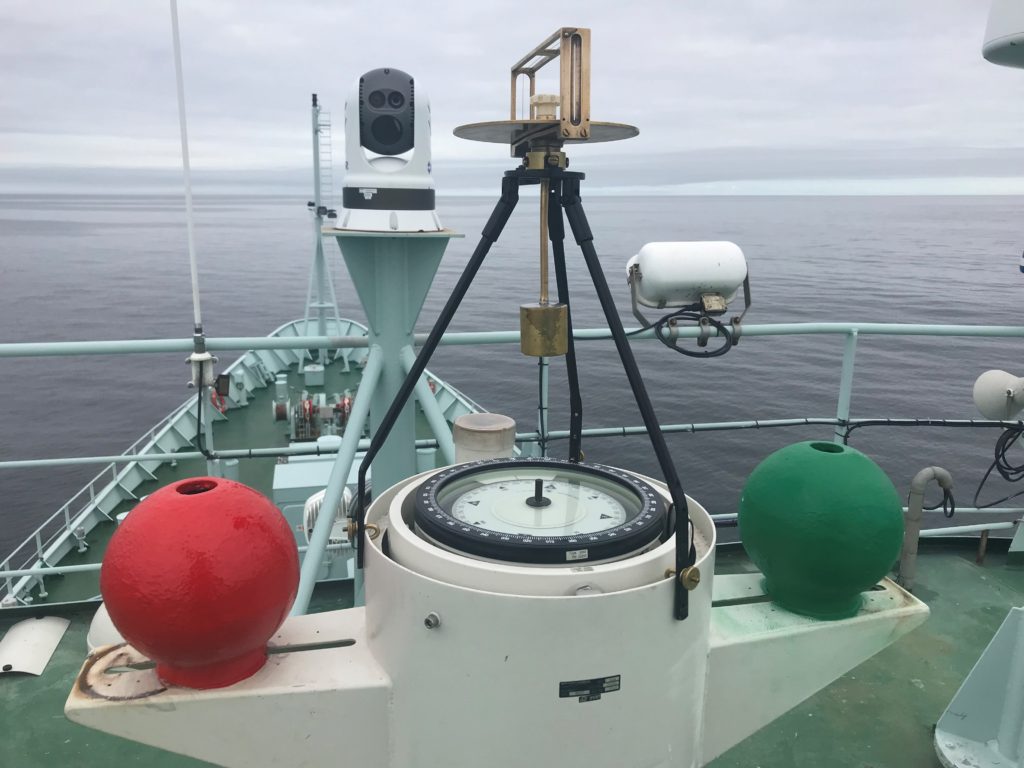
Poseidon Navigation Services Ltd are closely involved with the Chart and Nautical Instrument Trade Association (CNITA). CNITA members who provide Compass Adjusting services use Compass Adjusters having professional qualifications recognised in the locality in which they operate. CNITA Members can provide Compass Adjusters, who are available day and night to “swing” ships, in most major ports and elsewhere by arrangement.
CNITA works closely with the MCA in ensuring the high standards of compass adjusting in the UK. All trainee compass adjusters requiring a certificate of competency from the MCA must have their training records and deviation record sheets verified by the CNITA Compass Adjusters Certification panel before they are allowed to take their final examinations.
Due to increased demand we have recruited an apprentice Compass Adjuster who is under-going mentorship with Thomas Gunn.
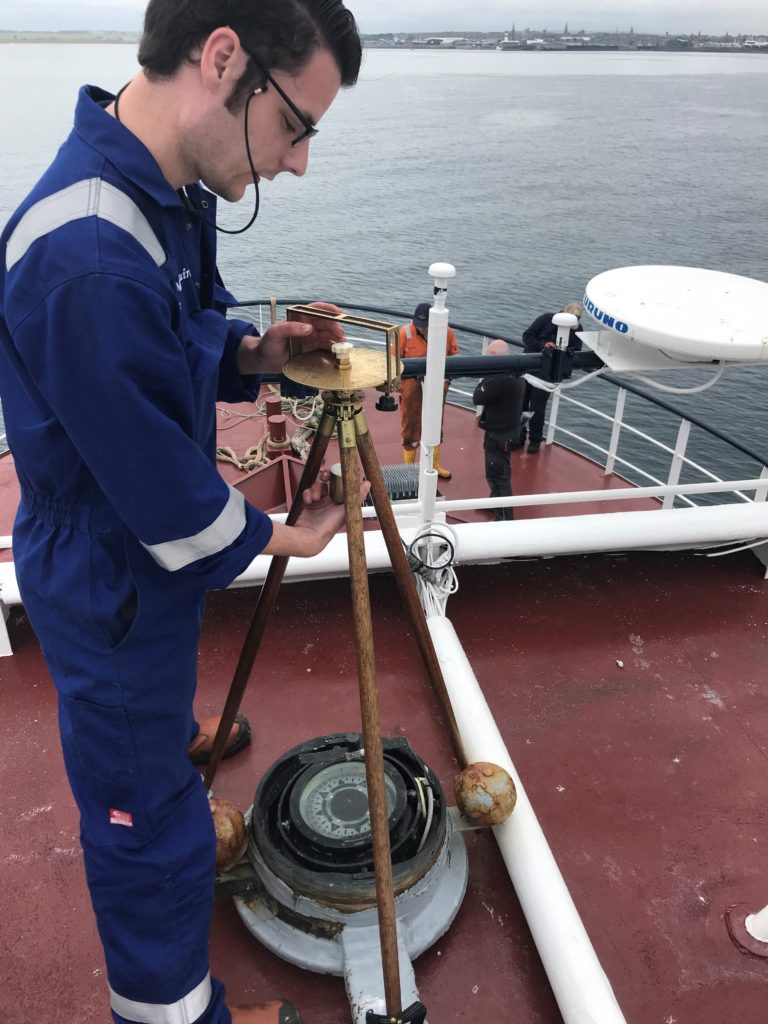
Why you should use a qualified Compass Adjuster?
According to Marine Surveyors, effective correction, of the marine compass for any deviation error found during the compass swing requires an understanding of the earth’s and ship’s magnetic fields and an ability to differentiate between the permanent magnetism of the ship’s hard iron and the induced magnetism of the ship’s soft iron.
It is important to recognise the effect the various magnetic fields have on the ship’s compass and to have practical knowledge of the workings of the marine compass and its correctors. Simply reducing or eliminating compass deviation on a vessel in one location can actually make it worse when the vessel travels to another location, particularly when substantial changes in latitude are involved.
Trained compass adjusters are highly skilled technicians, professional seafarers and qualified navigators who have undertaken rigorous and comprehensive training to meet national and international standards.
National marine agencies specify that commercial vessels have their compass adjusted only by a person qualified and authorised to do so. International standards for magnetic compasses and compass adjusting are governed by the International Organization for Standardization (ISO) and the International Maritime Organization (IMO) SOLAS 74 Convention.
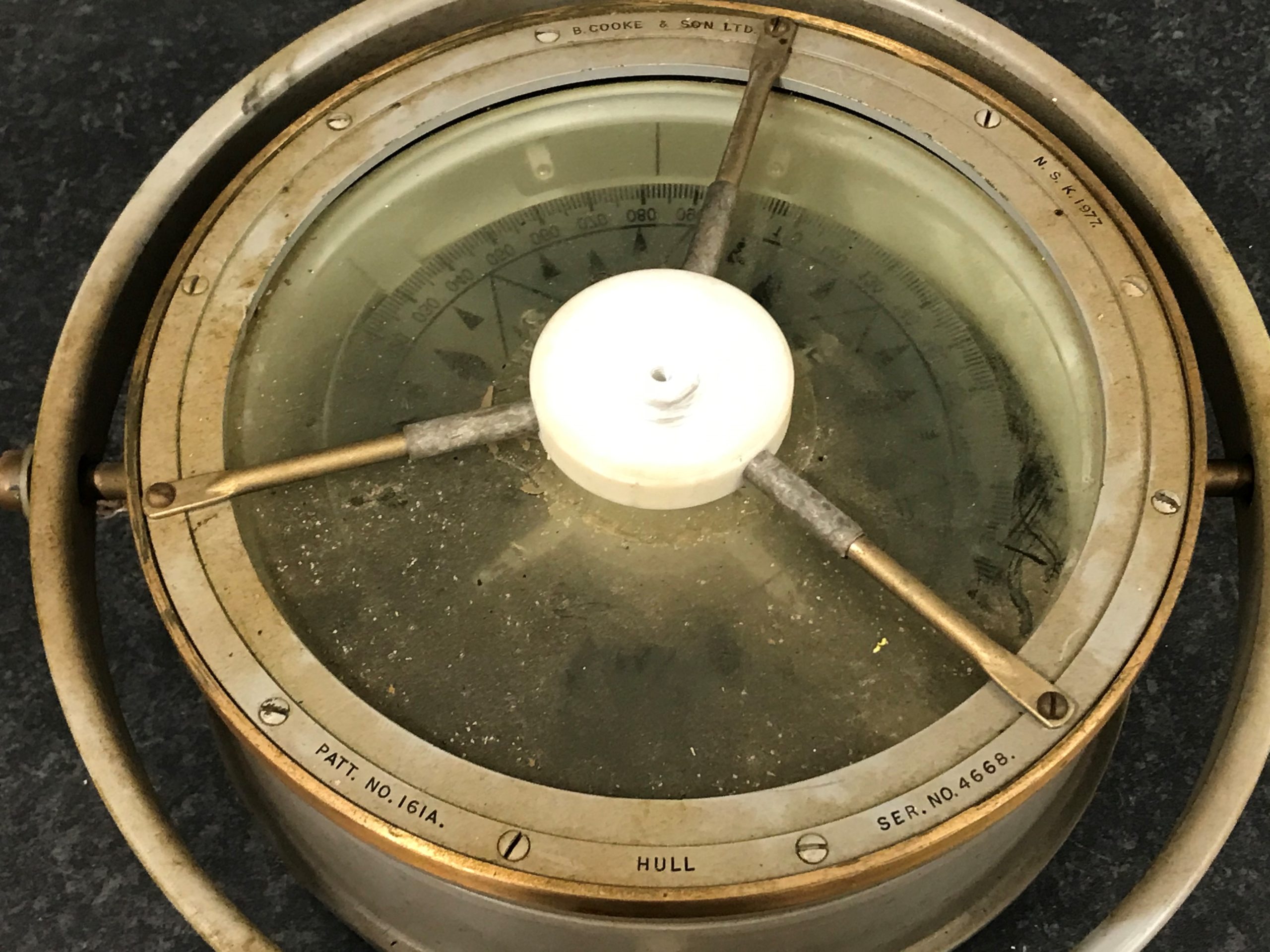
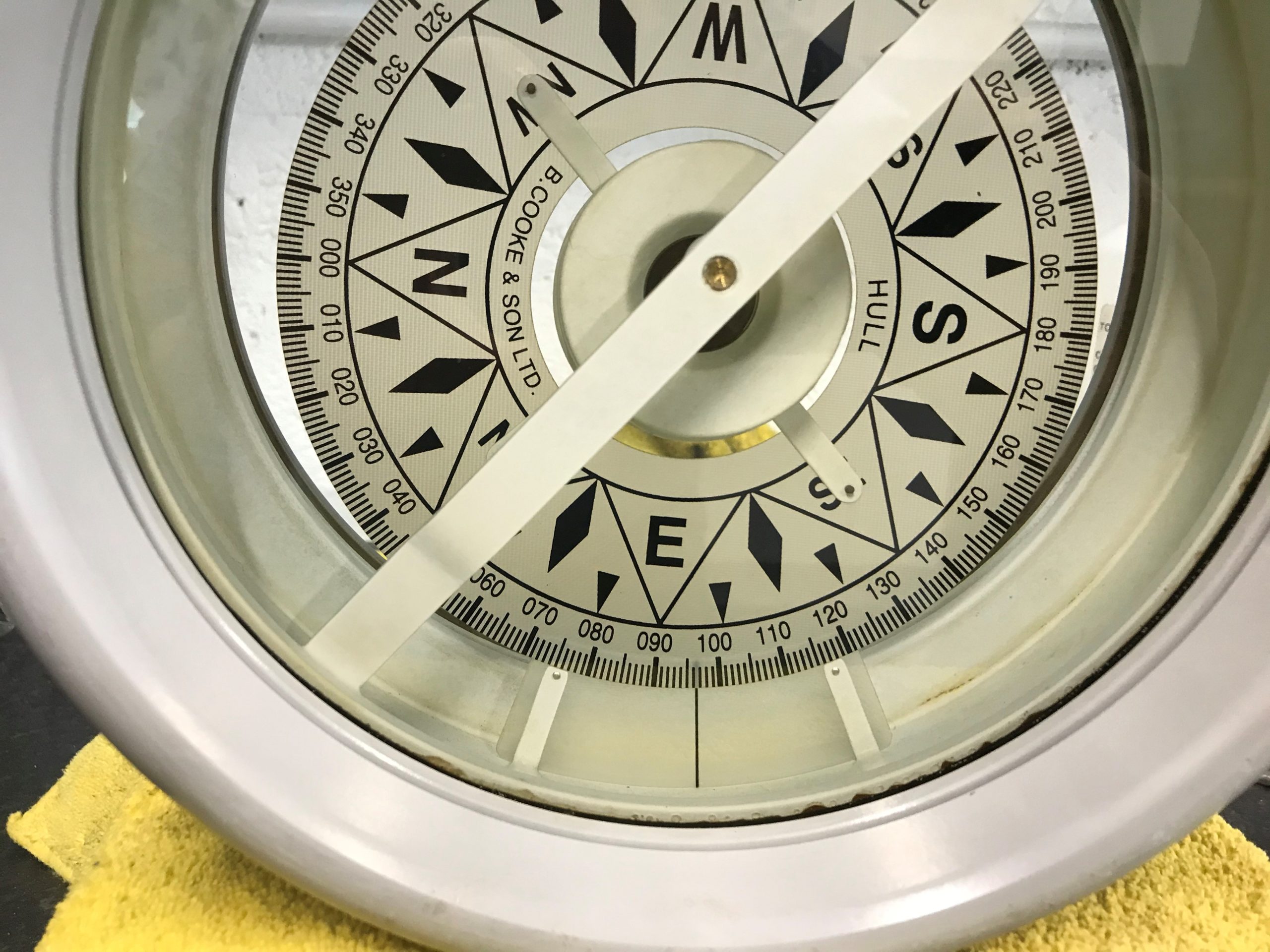
Why is it essential to swing the compass every 1 to 2 years?
Over a period of time and after certain events, the addition or removal of equipment or the carriage of magnetic cargo such as iron ore, the vessel’s magnetic fields may change, altering the residual deviation of the compass. In some circumstances the changes can be quite dramatic.
New steel vessels will have their compass adjusted when first commissioned. It has been known for a one or two year old vessel to record deviation as high as 30 to 40 degrees, as the residual magnetic fields created during the building process gradually dissipate.
Navigators of sea going vessels are required to observe and record compass error daily whilst on passage. These observations are important, not only for safe navigation, but also to assist the compass adjuster in making an accurate analysis of the causes of deviation, should the compass require adjustment.
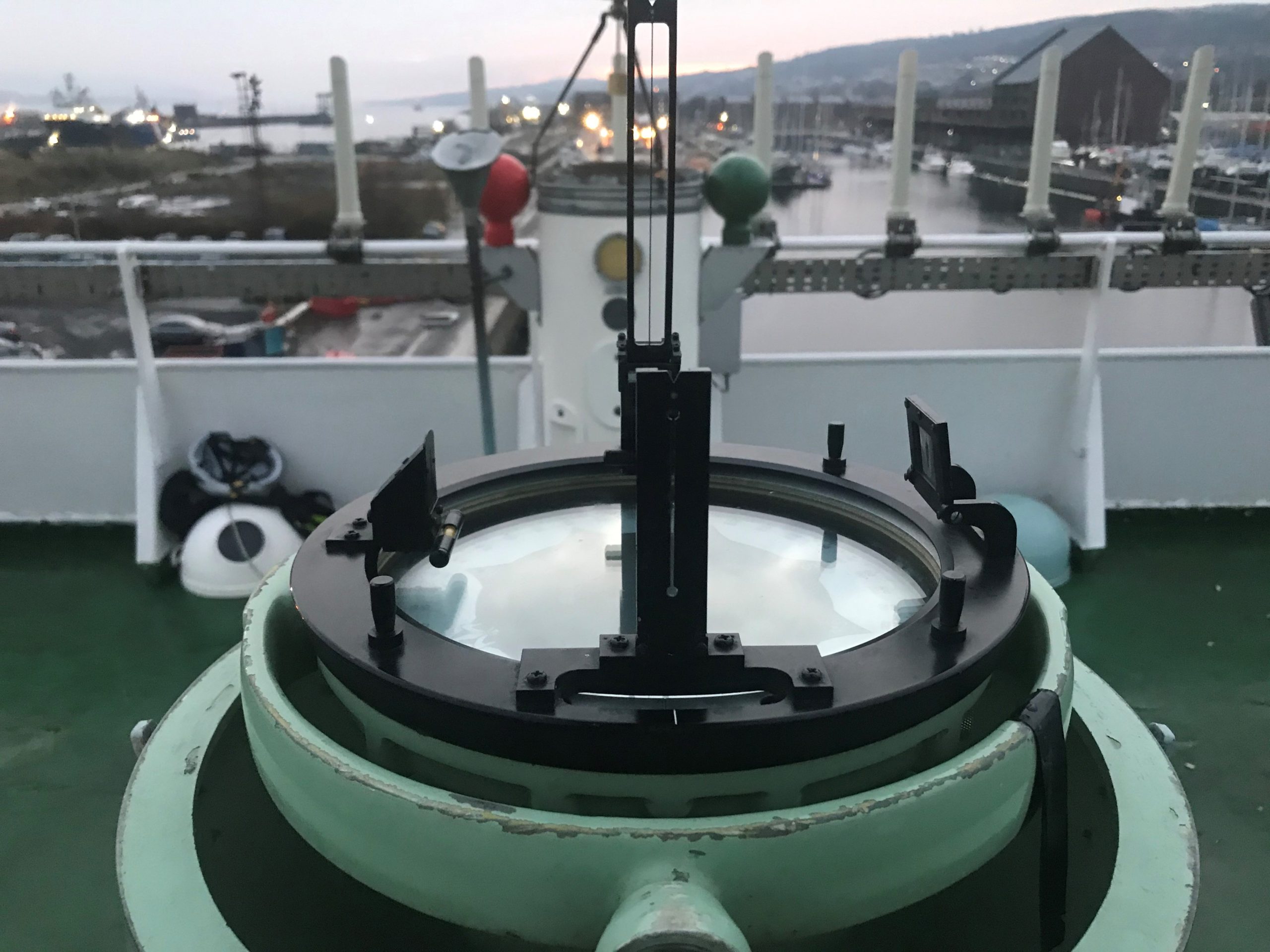
National marine agencies specify that commercial vessels have their compass adjusted only by a person qualified and authorised to do so. International standards for magnetic compasses and compass adjusting are governed by the International Organization for Standardization (ISO) and the International Maritime Organization (IMO) SOLAS 74 Convention and HSC Code.
SOLAS CHAPTER V, REGULATION 19.2.1:
All ships irrespective of size shall have:
- a properly adjusted standard magnetic compass, or other means, independent of any power supply, to determine the ship’s heading and display the reading at the main steering position.
- a pelorus or compass bearing device, or other means, independent of any power supply, to take bearings over an arc of the horizon of 360°”.
ISO 25862 : 2009 (E): States that all SOLAS vessels should have their compass swung/adjusted and a new deviation card issued at maximum two yearly intervals. When a new vessel is commissioned, compass deviation on any heading should be no more than 3°. Thereafter, deviation on any heading should be 5° or less.
Vessels transiting the Panama Canal are required by the canal authorities to have had a valid compass deviation card issued within the previous 12 months.
Many maritime authorities and organisations stipulate that the magnetic compass is to be swung and adjusted annually. Prudent mariners and vessel operators will always ensure that the compass is regularly checked and properly adjusted. (Source – Marine Survey & Compass Adjustment).


